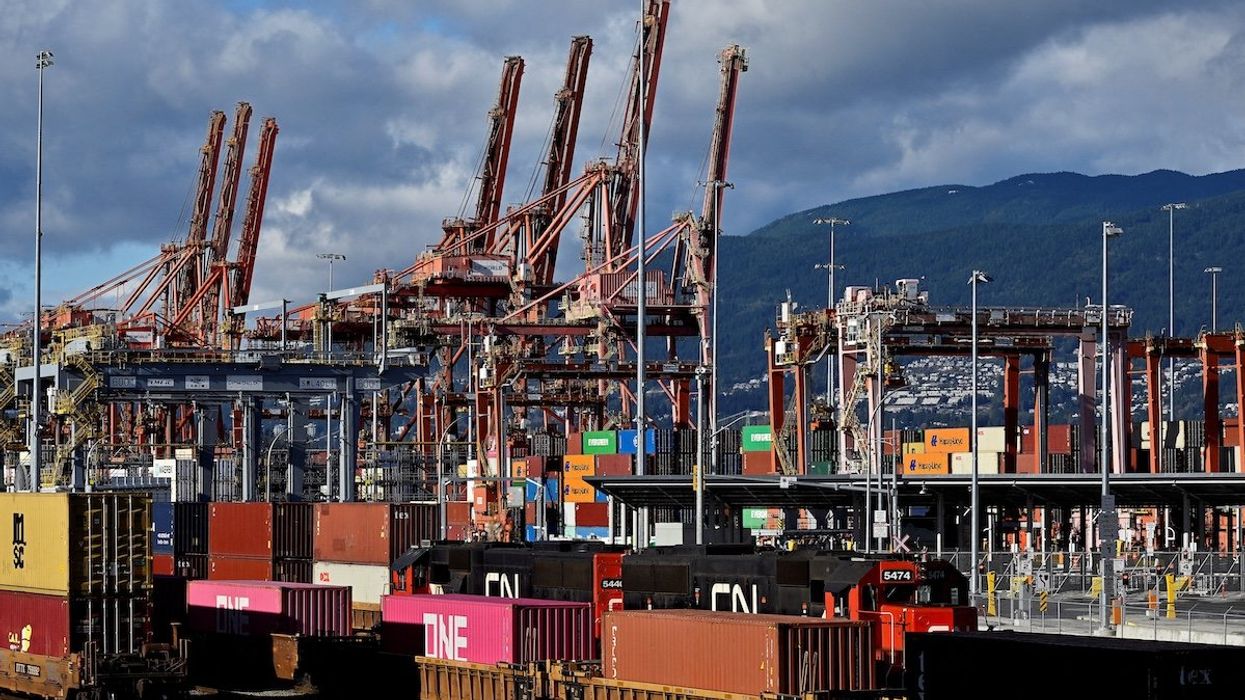GZERO North
Port strike puts trade at risk – and Liberals in awkward position
The International Longshore and Warehouse Union workers in Vancouver and Port Rupert served a strike notice last week and began job action on Monday, at which point their employer, the B.C. Maritime Employers Association, locked them out.
Nov 07, 2024


